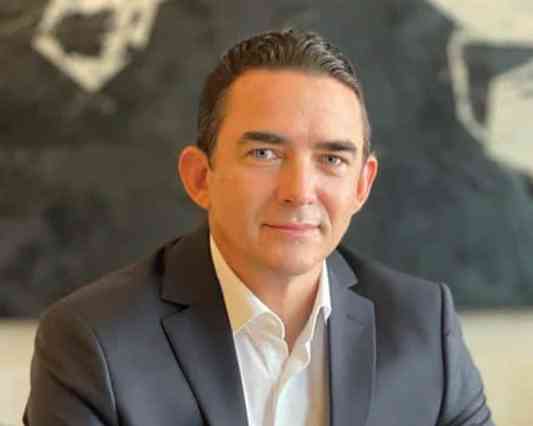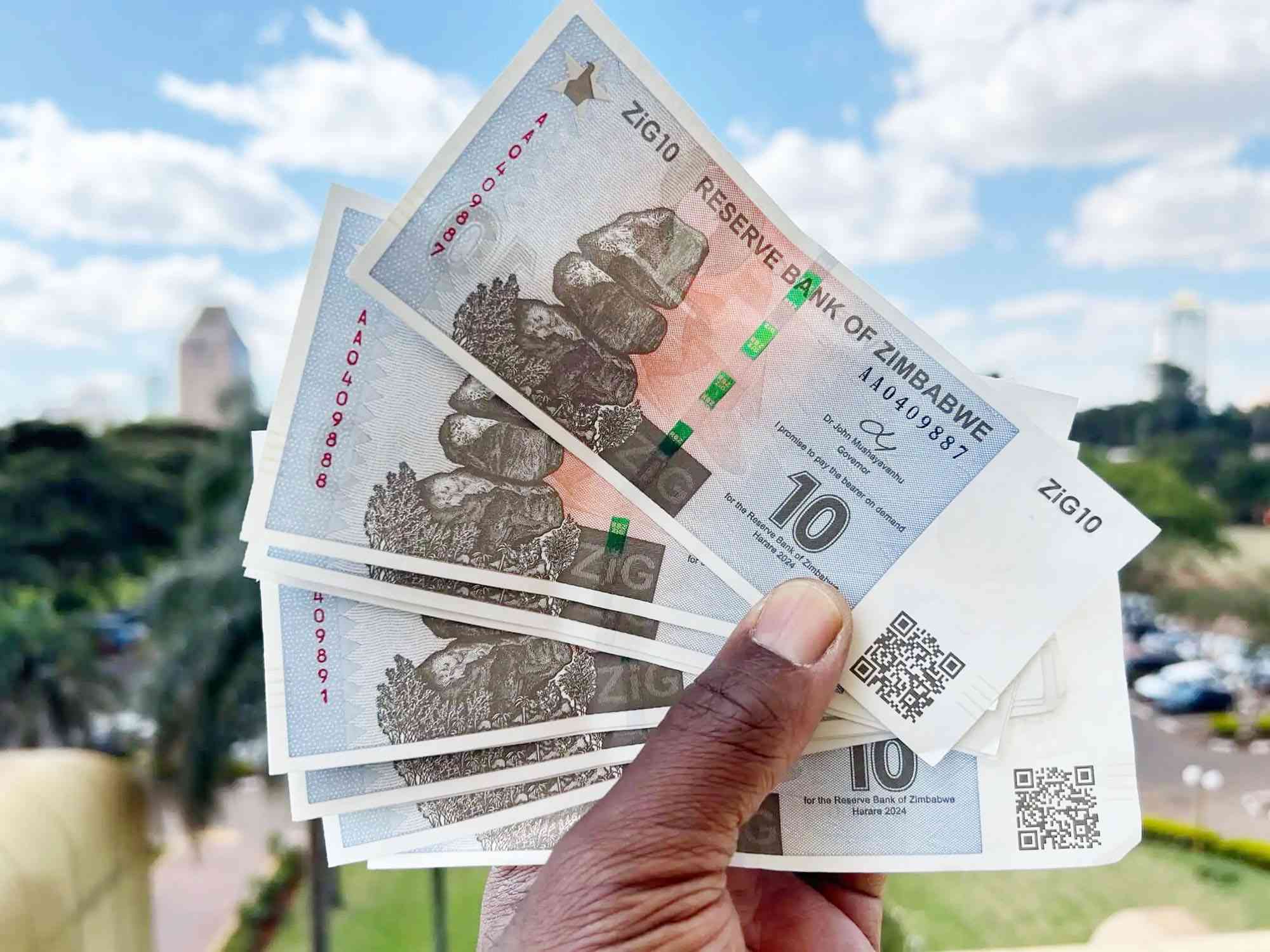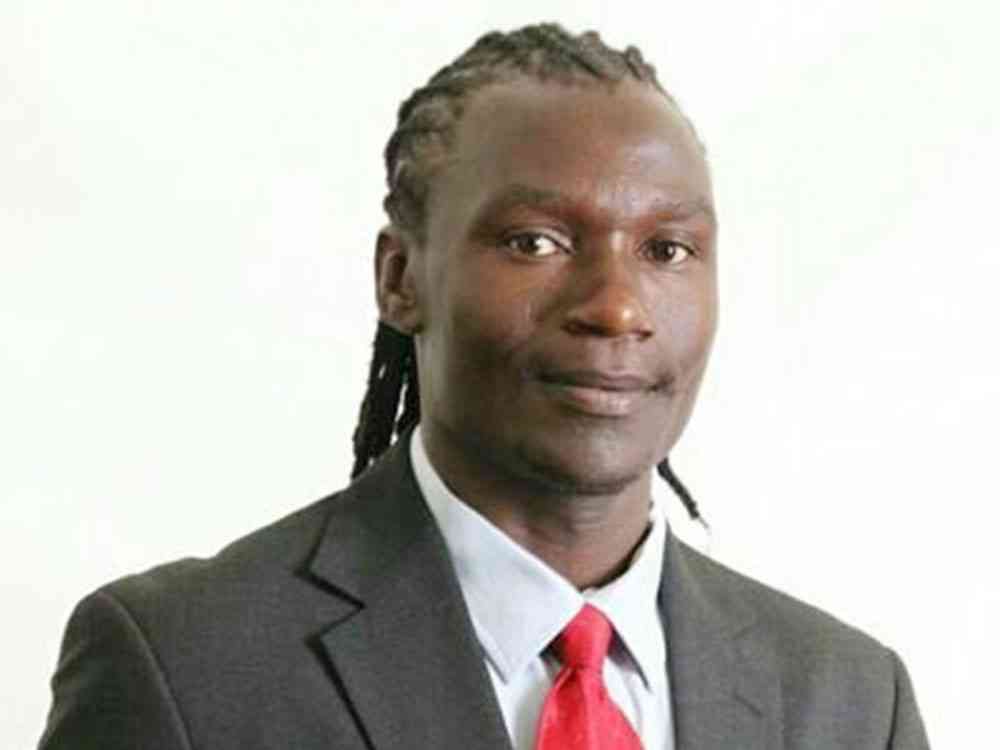
ZIMBABWE'S real estate sector faces significant challenges, including limited foreign credit lines. Sector players have called for substantial investments from multilateral institutions to rebuild an industry that was badly affected by Covid–inspired hard lockdowns. Currency fragilities and protracted economic turbulence had already unsettled this asset clash before Covid–19 struck. These challenges remain. Last week, our senior reporter, Freeman Makopa (FM), spoke to Ken Sharpe (KS), chief executive officer at the Victoria Falls Stock Exchange-listed WestProp, to hear his view about the future of the property market, and his own plans for the business. Find below excerpts from the interview:
FM: How is your company performing?
KS: At the beginning of the year, we started strongly. As I said in our annual report, I was optimistically positive. We were building on momentum from last year. We came into the first quarter with the same momentum. Then when the government introduced ZiG (Zimbabwe Gold) in the second quarter, we saw a slowdown of the economy. For the last six months, the economy has been going slow. I think the apprehension was around the information on ZiG. There was a lot of marketing and public relations. But essentially for me, it did not have substance.
FM: Tell us more on the currency.
KS: Government has been disciplined by not printing more than what deposits they have against the reserves. That is the fiscal discipline that we want to see. They have built reserves from US$200 million to US$400 million today. It is great, it is commendable. But I think people should be allowed time to choose. If people can see over time that they can trust the currency (ZiG), they will choose to use it.
It should not be something that is forced on the people. Initially, it looked like it was being forced. That is what caused people then to back off. The economy slowed down. So, we have seen that the fourth quarter is very positive. The growth has come back. People are more confident in the economy; they are more buoyant.
FM: In your opinion, what should the government do?
KS: For us, the biggest bottleneck is the government's ability to step back. Government is there to provide a framework for people to work within. We have the framework. Let the people now get on and do the work. We know where we are going. Let us have a clear direction that for the next four years there is no more confusion, no change of policy, no change of monetary policy, and no change of currency. Let us just stick to what we have got and build Zimbabwe.
- Awards target married couples
- Awards target married couples
- Sibanda living his writing dream
- Pomona deal under spotlight as experts meet
Keep Reading
FM: You mentioned surpassing banks in mortgage provision; can you elaborate?
KS: If you were to look at the macro-economic situation, which is bigger than me or bigger than our company, our bottleneck is non-availability of foreign lines of credit. This is because we do not print United States dollars or control them. We have enough in circulation to continue to build the economy but I think if we really want to put the economy on steroids, we need to see a huge injection of currency.
Those injections have to come from multilateral support institutions. It has to come from international banks, foreign direct investment, donors, and from the diaspora. If you combine those five elements, we are talking of tens of billions of United States dollars that can potentially come into Zimbabwe.
FM: What would you like to see happen?
KS: What we would like to see is how the government and private sector can work together to attract that investment into Zimbabwe. This is because, for example, our mortgage book of US$30 million is a drop in the ocean, and yet we are the biggest provider of mortgages in the world today. But we should really have US$500 million dollars, a billion dollars of mortgages, for our company alone. That would be a game-changer.
Then we can accelerate the growth expansion of our billion-brick vision. Right now, we are limited by the capacity of the market itself. We are growing at the pace of the market. To stimulate the market, we need a massive injection.
FM: How much funding does your company require?
KS: I would say for us as a company, between US$500 million and US$1 billion would facilitate our immediate needs to capacitate and leapfrog what I am talking about. For the industry as a whole, I would say between US$5 billion and US$10 billion would be a great number to have. For infrastructure, we probably need double that. We probably need about US$20 billion for infrastructure. So, as a country, I would say we need to attract something like US$50 billion. Then we will be talking.
FM: How does Zimbabwe's mortgage rates compare with regional peers?
KS: Zimbabwe is obviously very expensive. We know that our cost of money is exorbitant. The lending rate is between 12 and 18% currently. United States dollars in the Western world have come down since Covid-19 to around 5%, maybe as high as maybe 8% in some countries. But definitely not double digits, definitely not above 10%. So, I think Zimbabwe is exceptionally high and those …should fall down.
FM: What is your outlook for the real estate market?
KS: I am still very positive about real estate. Going into the first quarter of next year, we have some really big announcements to make. Mall of Zimbabwe is on the cards for ground-breaking and construction. We have already broken ground on our new head office, 5 500 square metres. It is now the hive and we are going to build several buildings in the area next to the Mall of Zimbabwe.
I think on the residential side, we are finishing the Pomona City phase B&C now. Sales will be done by the end of this year. I expect the whole thing to be sold out and completed, roads finished.
Going into next year, we are excited about the new products we have on offer - the flats at Pomona City, the Sapaat Hotel in Millennium Heights, Block 5, which we are now selling. We also have the Hills Luxury Lifestyle Estate, where we have branded residences.
These things really give us a lot of confidence. The best is yet to come.
FM: What are your five-year revenue targets?
KS: I cannot release the results now, but I can certainly say year-on-year, we are ahead of last year. Our goals have been very optimistic at the beginning of this year. We have adjusted them slightly, but we will finish the year very strong, definitely better than last year.
We know the results are better than last year and I think if I was to look at the five-year horizon as you mentioned, definitely by 2030, we would want to be at US$100 million sales a year, around US$10 million to US$15 million net profit and the valuation of the company going somewhere around US$500 million. It is currently at US$300 million.
FM: Do you have in place strategies to mitigate future disasters like Covid-19?
KS: I think Covid–19 taught us several things. Firstly, personally, I believe I am someone who is resilient and I believe I have endurance. That is something that flows down through the company. When Covid-19 happened, I had to stand up to the plate. I was not actually the chief executive officer at that time. I was the non-executive chairman of the company, but I stepped up to the plate to take over the management and we worked remotely. So, the first thing it taught us was that you do not have to be in an office to do your work.
You can be anywhere. The second thing it taught us was that by not having debt, we had zero debt at that time, we were able to withstand the impact - the financial impact that it had on others. We still have that attitude that we want to remain conservative on our borrowing. We would like to always have more equity in the business than debt. That is something that we would like to maintain going forward.
Lastly, I would say it gave us the ability to equip our people. It gave us an opportunity to really implement what we call objective key results, which is setting annual objectives, quarterly key results, and even daily goals. Our culture is becoming a self-managing company. We are empowering individuals to become leaders in their own right and manage themselves.










